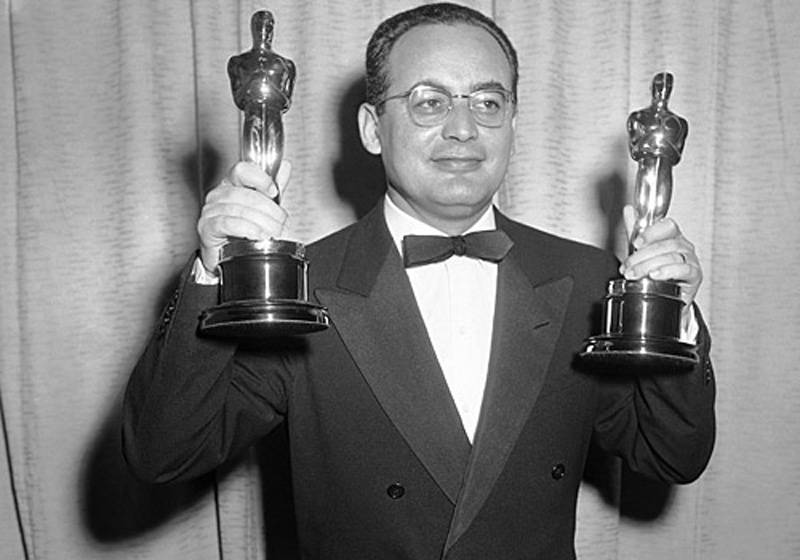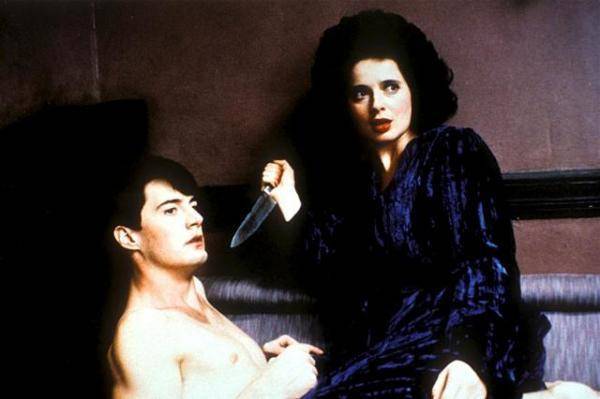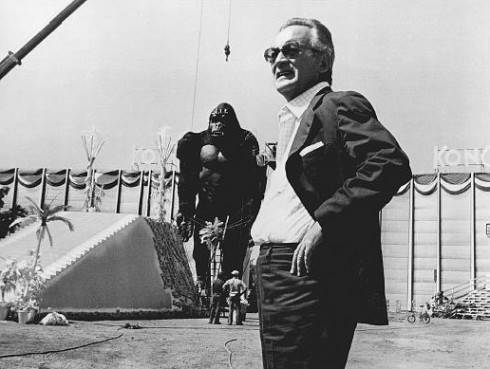Hollywood Dreams: a Portrait of Dino De Laurentiis
“He was a real Renaissance man from southern Italy.”
“He was a total Neapolitan who convinced bankers to give him money while eating a plate of spaghetti made by him.”
“The day he died he had a meeting with some Chinese investors in order to open a chain of pasta restaurants in China.”
He was the film mogul who helped resurrect his nation's film industry after World War II and for more than six decades produced films as diverse as the 1954 Federico Fellini classic La Strada and the 1976 remake of King Kong.
He was Dino De Laurentiis.
In collaboration with 41º Parallelo, the American spin off of the Napoli Film Festival, the Italian Cultural Institute paid homage to the memory of the great Neapolitan film producer Dino De Laurentiis holding a round table with the participation of Scott Foundas, associate program director at the Film Society of Lincoln Center, AntonioMonda, film critic and professor at New York University and Francesco Zippel, filmmaker.
The panelists discussed the career of one of the greatest producer of international cinema who worked with immortal legends such as Fellini, Rossellini, Visconti and Lynch, before the screening of the documentary Dino by Francesco Zippel.
Shot in 2009, for his 90th birthday, the documentary is a portrait of a man who always believed in what he was doing. As a boy of 14, he travelled around the municipalities by his hometown, Torre Annunziata, selling his father’s spaghetti. Everybody liked him as he was always in a good mood and had a special way of dealing with people. He loved going to the movies and he would see one or two a night, as many as he could. When he realized he did not want to continue the family business but he’d rather work in the film industry he had a talk with his dad who gave him permission to go… to leave. He joined the Centro Sperimentale di Cinematografia in Rome but his studies were interrupted by the outbreak of the Second World War. Still that was the beginning of a life-long dream.
“De Laurentiis was a great ‘director’ who produced the films he wanted to make,” Antonio Monda joked, he “was definitely involved in his films. He was active in the production process not just someone who gave money for their realization,” Scott Foundas continued. “He made both artistic films and blockbusters as he was not interested in anything that is in the middle. He gambled with many filmmakers and projects. The failure of Dune, directed by David Lynch, did not discourage him to work with Lynch again. They then worked on Blue Velvet and that was the real success,” Foundas added.
“He also made some ‘mistakes,’ like not doing La Dolce Vita.” Monda added. “He made La Grande Guerra, which is with no doubt an amazing film but not as recognized as Fellini’s masterpiece is throughout the world.” His relationship with Fellini was a love-hate relationship, but mostly it was love. When he decided to do King Kong Fellini was the first director he contacted… “Can you imagine Fellini directing it?” De Laurentiis himself jokes in the documentary. He knew how to deal with the famed auteur and in the documentary he told a funny anecdote about a scene shot by Fellini without his approval that he himself stole from the editing room as he thought it was ruining Le notti di Cabiria. He never admitted to stealing it and only decades later, after the film was a great success, he returned the “lost” footage.
He discovered a few stars like Jessica Lange, who he cast in King Kong, and Arnold Schwarzenegger who he cast in Conan the Barbarian. Their first meeting was rather “interesting:” the ex Governor of California was sent out of the room after a minute and forty seconds because he had made a comment on his thick Italian accent. De Laurentiis himself had an issue with the actor’s Austrian accent.
At 51 De Laurentiis moved to the United States, it was difficult at that age to lose the accent! “I left because of the Corona Law, a law that said that a film was Italian only if everybody, cast and crew, was Italian. Just a person of different nationality compromised the country of origin of the film.”
America was where impossible dreams came true, while in Italy everything was difficult… it was all about bureaucracy… for anything. First stop in the United States was New York where he arrived still enthusiastic of his Italian successes. Then a question arose: “can I make Hollywood films?” He immediately started looking for stories. That’s when he met with Peter Maas, the author of Serpico. He had written only one chapter of his story but that was enough to capture him. He paid the writer $ 500.000.
He started his American adventure bringing to life a great dream and he continued to dream until he was 91. “Cinema will never die,” De Laurentiis himself concludes in the documentary, “because it is a big toy in the hands of adults and these adults don’t want to lose it. It represents the world of dreams and every human being loves to dream.”








































i-Italy
Facebook
Google+
This work may not be reproduced, in whole or in part, without prior written permission.
Questo lavoro non può essere riprodotto, in tutto o in parte, senza permesso scritto.